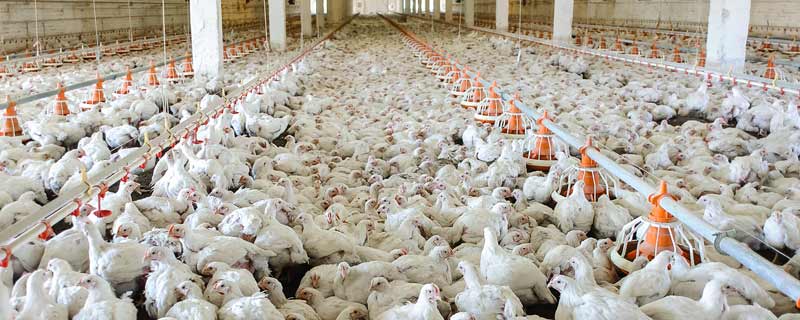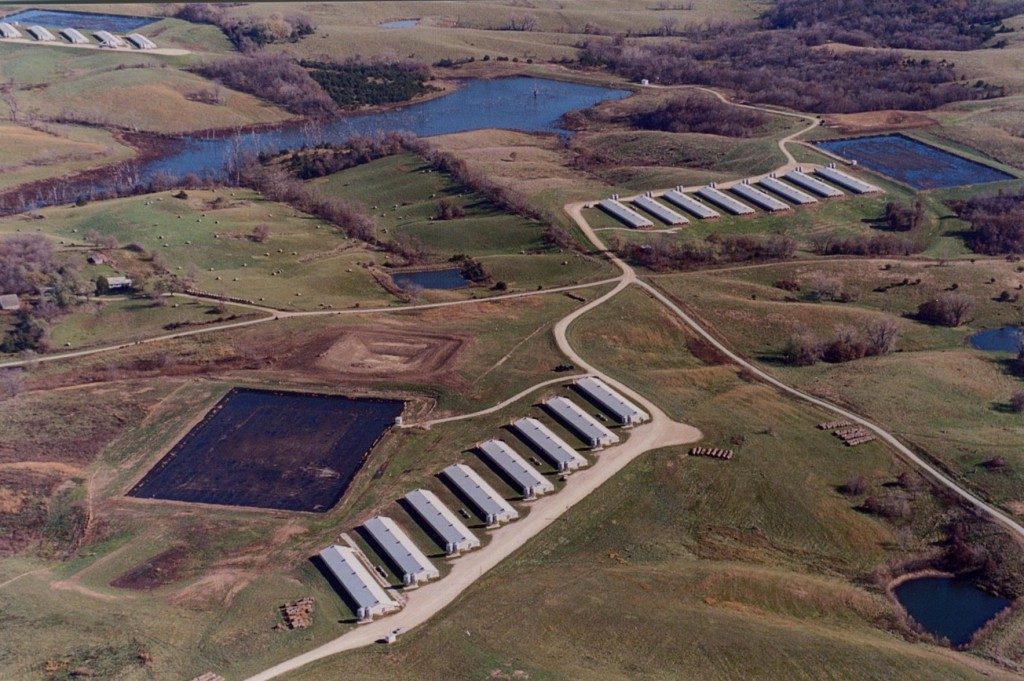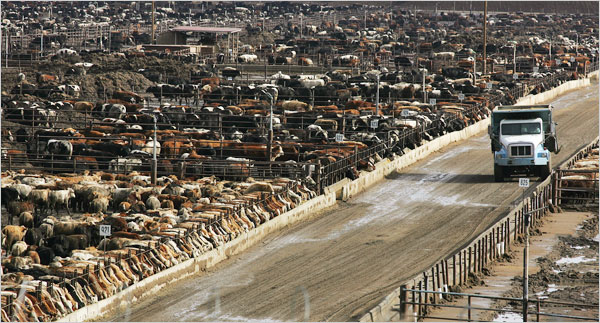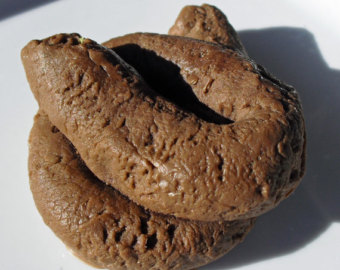Burger, anyone?
Why would any sane person want a trade deal with Donald Trump’s USA?
Chlorinated Chicken

Everyone seems to have heard about US chlorinated chicken. Basically, it’s OK in the States for chickens to spend their whole lives covered in their own and other chickens’ shit. After slaughter, they’re given a quick wash down in chlorinated water and put out for sale to the public. Food poisoning is three to five times higher in the USA than in Europe. That’s almost certainly an underestimate, given that, with no NHS equivalent, 20 million Americans have no health insurance cover. So incidents of food poisoning are almost certainly under-reported in the USA – by the poorest people. And the reason for the high levels of US food poisoning? Washing in chlorinated water doesn’t kill all the bugs.
EU food standards, which Theresa May and Michael Gove have stated they’ll keep, require chickens to live their lives in a clean, healthy – and shit-free – environment. US chicken, anyone?
Pig Farms and the Environment

Let’s turn from chicken to pork. Pig farms in the USA are an environmental disaster. Here’s an (admittedly disputed) Wikipedia account. On long walks with our dog, we’ve seen some pretty disgustingly smelly, industrial-scale pig farms in this country. They were certainly not the romanticised picture of little piggies running free you see in children’s books. We need fewer, not more, of such monstrosities.
Despite the controversy, there seems little doubt about the effect on water quality through contamination of the water table. These effects cover an enormous area around the offending farms. US pork farm practices here? No thanks.
Beef Growth Agents

The most worrying of all is not chickens, or pork. It’s beef. Do you want to live in a world before antibiotics? A world of incurable superbugs? Just welcome American beef and you’ll get it before long. Scaremongering? I don’t think so.
An American report (publication date unclear: probably less than 5 years old) entitled The Overuse of Antibiotics in Food Animals Threatens Public Health spells it out. A deeply troubling statistic in the report states that 80% of antibiotics sold in the USA is used in meat and poultry production, mostly beef I understand. And it’s just used as a growth enhancer. In other words, to improve the farmers’ profits. US food standards say this is all just fine: nasty government mustn’t interfere in businesses’ interests.
Superbugs are found in 80% of US supermarket meat. Superbugs: you know, the ones that are resistant to nearly all (or all) known antibiotics. The true-blue Daily Telegraph is worried. Even Jeremy Hunt, when Health Secretary, was in on the act in February.
I read somewhere that scientists had analysed faecal traces in US ground beef, i.e. what the Americans call the minced beef used in burgers. They could identify faeces from over 3000 different cows. This is as a result of the industrial scale of US beef production. This US Consumer Reports report gives an idea of the problem. I feel rather queasy about that level of mixing. We generally shop at our local butcher on a farm where all meat is traceable to individual animals. It just feels safer that way – and yes, we can afford to pay a bit more.
But the antibiotics issue is the real show-stopper.
EU standards
Both May and Gove, as I said earlier, have said they will stick to EU food standards. Although whether anything the duplicitous Gove says can be trusted is a moot point. But it should be blisteringly obvious that it’s either EU or USA standards. The two approaches are fundamentally incompatible.
Trump Always “Wins”
Trump, with his “America First” policy, is temperamentally hard-wired to be on the winning side every time. He doesn’t do “losers” and holds all those he sees as such in contempt. There is zero chance that Little Britain could “negotiate” a trade deal with the USA which is fair to both sides. And we all know who would lose.
Shit on Your Plate

Leavers wanted to “take back control”. Well, they’d better have plenty of toilet rolls handy. Just in case.
And surviving a simple, routine operation just might get a whole lot more (C) Difficile, as the French might say.
US trade deal, anyone?